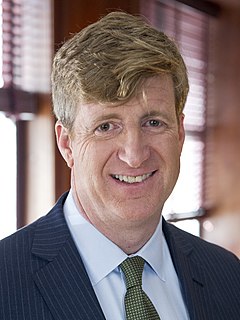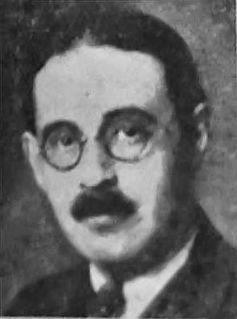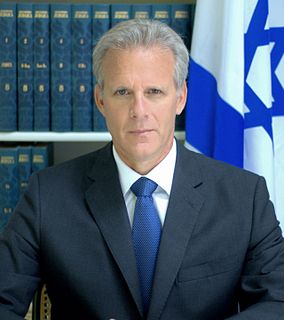A Quote by Patrick J. Kennedy
Franklin Roosevelt said the test of our progress is not whether we add more to the abundance to those who have much; it is whether we provide enough to those who have too little. This reconciliation package fails that test as well.
Related Quotes
In this nation I see tens of millions of its citizens, a substantial part of its whole population, who at this very moment are denied the greater part of what the very lowest standards of today call the necessities of life. I see one third of a nation ill-housed, ill-clad, ill-nourished. The test of our progress is not whether we add more to the abundance of those who have much, it is whether we provide enough for those who have too little.
The test of science is not whether you are reasonable—there would not be much of physics if that was the case—the test is whether it works. And the great point about Newton’s theory of gravitation was that it worked, that you could actually say something about the motion of the moon without knowing very much about the constitution of the Earth.
Life is a test. It is only a test--meaning that's all it is. Nothing more, but nothing less. It is a test of our convictions and priorities, our faith and faithfulness, our patience and resilience, and in the end, our ultimate desires. It is a test to determine if we want to be part of the kingdom of God more than we want anything else.
The true test of the American ideal is whether we're able to recognize our failings and then rise together to meet the challenges of our time. Whether we allow ourselves to be shaped by events and history, or whether we act to shape them. Whether chance of birth or circumstance decides life's big winners and losers, or whether we build a community where, at the very least, everyone has a chance to work hard, get ahead, and reach their dreams.
Everybody has a nightmare, and everybody apparently has falling dreams, and everybody has the drowning dream, and everybody has certain kinds of sexual manifestation dreams, as well as our stress dreams; I didn't study for the algebra test, I didn't study for my driving test, you know, all those dreams. I still have those dreams, and it's just such an interesting thing that our mind can turn against us, our own mind, you know we all have.
Rain Man certainly didn't test really well. If you look at it carefully, you have a disease autism they didn't understand back then, they didn't know in the test audience whether it's okay to laugh or not laugh, because it's a film that's done in a way where, "Well, maybe I'm not supposed to laugh." At the end of the film, Dustin Hoffman gets on the train and doesn't even acknowledge his brother. Not even a glance, nothing. That's why the studio said, "Can't you just have him look at Tom Cruise at the end of the film?"































